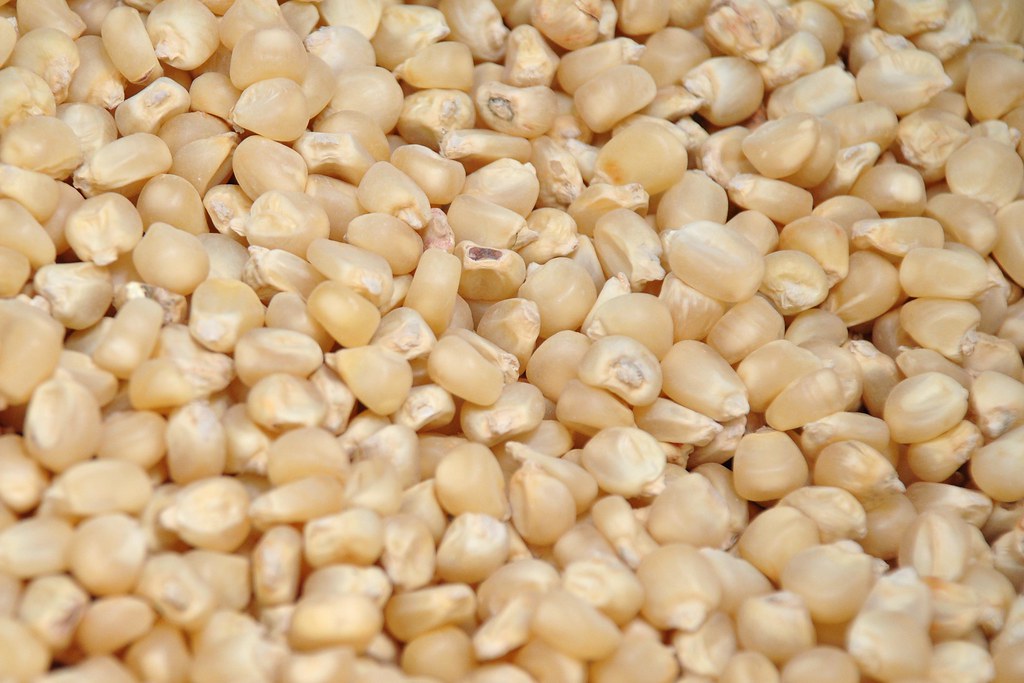 |
| Maize Seed |
THE Minister for
Agriculture, Dr Charles Tizeba, has said that the Southern Highlands
Zone regions are leading in the country for supplying and selling
substandard and fake maize seeds causing serious consequences to
farmers, including low productivity of the crop.
The regions on the
list include Rukwa, Songwe, Mbeya, Njombe and Iringa. And, in additional
to that, Dr Tizeba directed the Tanzania Official Seed Certification
Institute (TOSCI) to inspect all shops that are selling agriculture
inputs, including maize seeds in those regions the seeds sold to
farmers.
Equally, he
directed traders who are selling agricultural inputs when discovered
selling fake maize seeds, their business licences will be revoked, their
businesses shut and arraigned, insisting that the current shortage of
modern maize seeds should not be taken as a loophole for the
businesspeople to sell substandard seeds.
The Minister issued
such directives on Tuesday here in the municipality during a oneday
working tour in which he visited Kalambo and Nkasi districts where he
inspected agricultural activities, he also told that fake maize seeds
were a big headache to peasants and farmers in the precincts.
"Worse still, these
five regions are champions of selling and supplying substandard seeds
to farmers by mixing it with locally made paints and subsequently
packing into bags with forged labels. A packet weighing 12 kilogrammes
is sold at 7,000/- per each which is seven times of the official
price...
"The evil practices
have caused great harm to farmers; instead of harvesting 20 bags of
maize per hector they are ending up getting only four ... this has
greatly discouraging them as they think that maize farming is
unproductive and is a wastage of time and money," he added.
He further gave an
example of Rukwa Region in which the retail price of a bag of maize
weighing 100kgs has plummeted drastically to 30,000/- in rural areas and
40, 000/- in urban areas, from the previous prices of 120,000/ due to
various reasons including lack of reliable markets, so when farmers
calculate the cost of production they become greatly demoralised.
Dr Tizeba said that
farmers who will be supplied fertilizers dubbed DAP or UREA at above
indicative government prices, should report the matter to the nearest
police station.
"Actually, the
government has decided to slot these fertilisers into a bulk procurement
system and has set indicative prices so that dealers can adhere to
government directives ... ... we are therefore calling upon DCS and all
government leaders at various levels to play a supervisory role in
ensuring that the indicative prices are observed," he said.
On his welcoming
note, the Rukwa Regional Commissioner (RC) Mr Joachim Wangabo told the
Minister that maize farming is at the average of 43 per cent of all food
crops cultivated in the precinct each farming season.









No comments:
Post a Comment